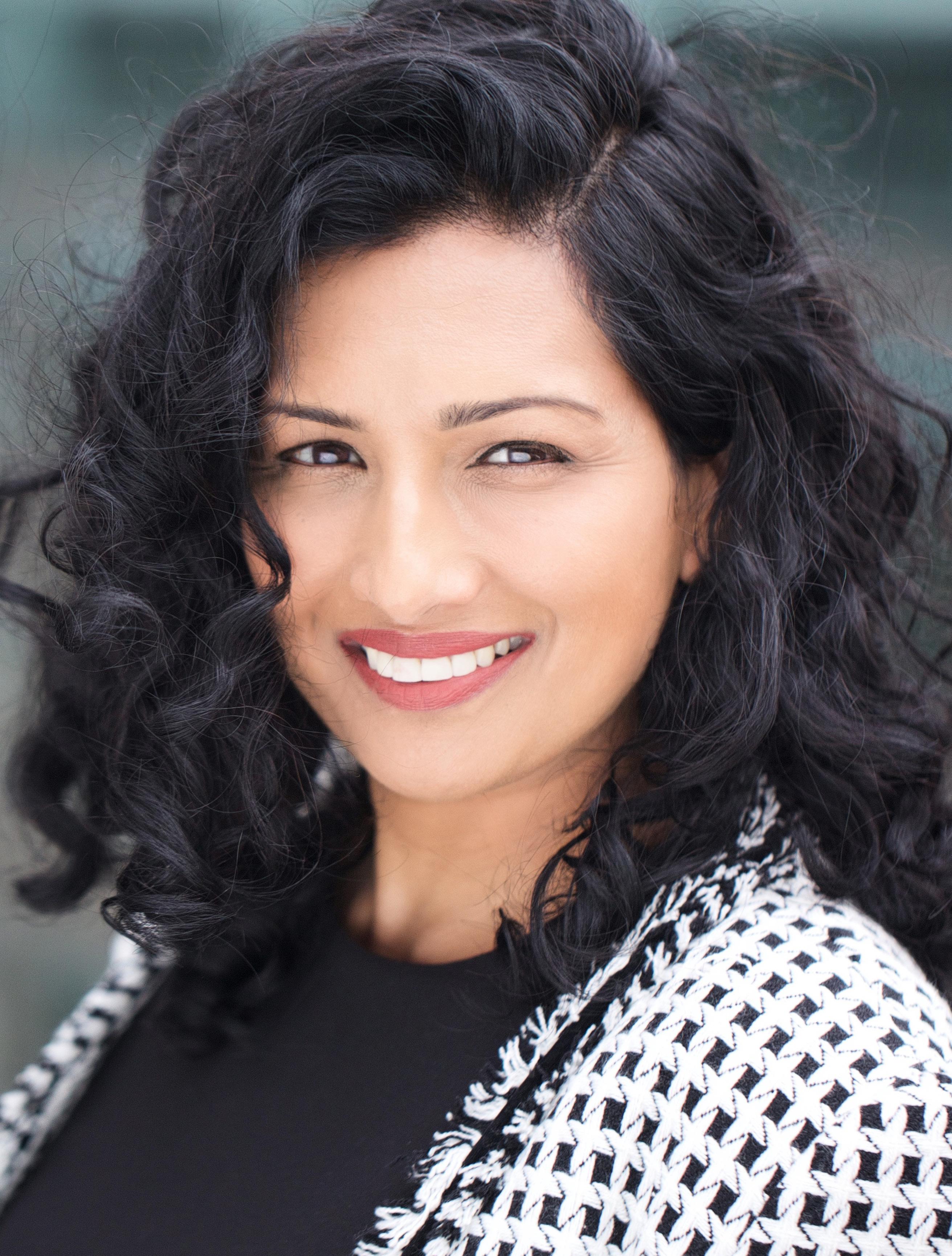
3 minute read
Destressing on the
from SEEMA Magazine
by SEEMA
Destressing on the Frontlines
DR KAVITHA RAM AND HER TEAM USE DANCE TO GET PAST THE COVID BLUES AT WORK
BRIAN SODOMA
Every physician makes a commitment to placing the welfare of others ahead of their own. But in the face of a pandemic, doctors and other healthcare workers have found themselves exhausted, and emotionally and physically drained.
Frontline workers are one of the hardest hit people in the country, Dr. Kavitha Ram, has seen the realities of the COVID-19 pandemic in her role as the director of obstetrics, and the director of the Obstetrics and Gynecology Residency Program at Jamaica Hospital in Queens, New York.
“We’re all sort of struggling with ways to achieve wellness with some of us working 60-80-hour weeks in very high-stress situations,” she says. “As a residency program director, this experience has taught me that teaching wellness to residents and other physicians is important, too.”
Through her own efforts to reduce stress, she tapped into childhood memories of learning Indian dance. This experience then taught her how to help professionals around her find healthy ways to relieve stress.
NAVIGATING THE PANDEMIC
Dr. Ram had been practicing medicine for nearly 20 years before she earned her position at Jamaica Hospital in October 2019. A lover of education – a trait passed down by two highly educated parents with science backgrounds – she also earned a master’s degree in clinical research training. So, Ram was excited to oversee and teach residents as they navigated their first experiences outside medical school. She was also eager to practice in Queens, one of the most diverse communities in the country, with a huge Asian population.
Within a few months of being on the job, however, New York became the epicenter for the COVID-19 pandemic. Priorities shifted and everyone on her team – physicians, nurses, midwives and her 13 residents – went from focusing on traditional OB/GYN care to alleviating some of the burden on emergency room staff, who were overwhelmed with coronavirus cases.
“That was a challenge – getting the team out in the front lines and making sure they’re protected, dealing with the acuity of the medical issues surrounding COVID and pregnancy,” Ram says. “We had to pull together, stay focused and safe, and deliver care while we worried about our own families.” As the pandemic wore on, Ram noted the toll being taken on by her residents and the other professionals.
TAPPING INTO CHILDHOOD EXPERIENCES
To reduce her own stress, Ram began taking yoga classes and meditating. These experiences rekindled memories of her childhood. Growing up in the U.S. with immigrant parents, she spent her summers at what was her parents’ home in Chennai before they immigrated to America in the 1960s.
In India, she immersed herself in the culture, taking Kuchipudi dance classes for eight to nine hours a day under the guidance of her guru, Dr. Vempati Chinna Satyam.
“Doing yoga brought me back to dance. It’s great to focus on moving your body instead of keeping all that energy in your head space,” Ram said.
Ram began taking virtual Kuchipudi dance classes at a studio, ironically one located in the community where she works. She then initiated yoga classes and a variety of dance workshops for staff and residents at the hospital. She also brings some Kuchipudi to her team. Given the community’s diversity, learning different types of dance has helped foster a connection between the healthcare practitioners and the residents they serve.
Dr. Ram says her career goals are to continue to find creative ways to teach future medical professionals how to think fast in high-stress situations. At the same time, she thinks it’s important for medical professionals to continue to teach one another about personal wellness so that they can deliver the best care possible to patients.
“To me, it’s all about education. That’s always been my passion,” she says. “It’s what keeps me going, what brought me to where I am. It’s the fun part of my job.”










